From Searchers to $225M PE Fund: Heritage’s Journey
Alex de Pfyffer and Ross Porter of Heritage Holdings reveal how they grew from searchers to sponsors to fund managers, achieving 99% IRR across 6 platforms.
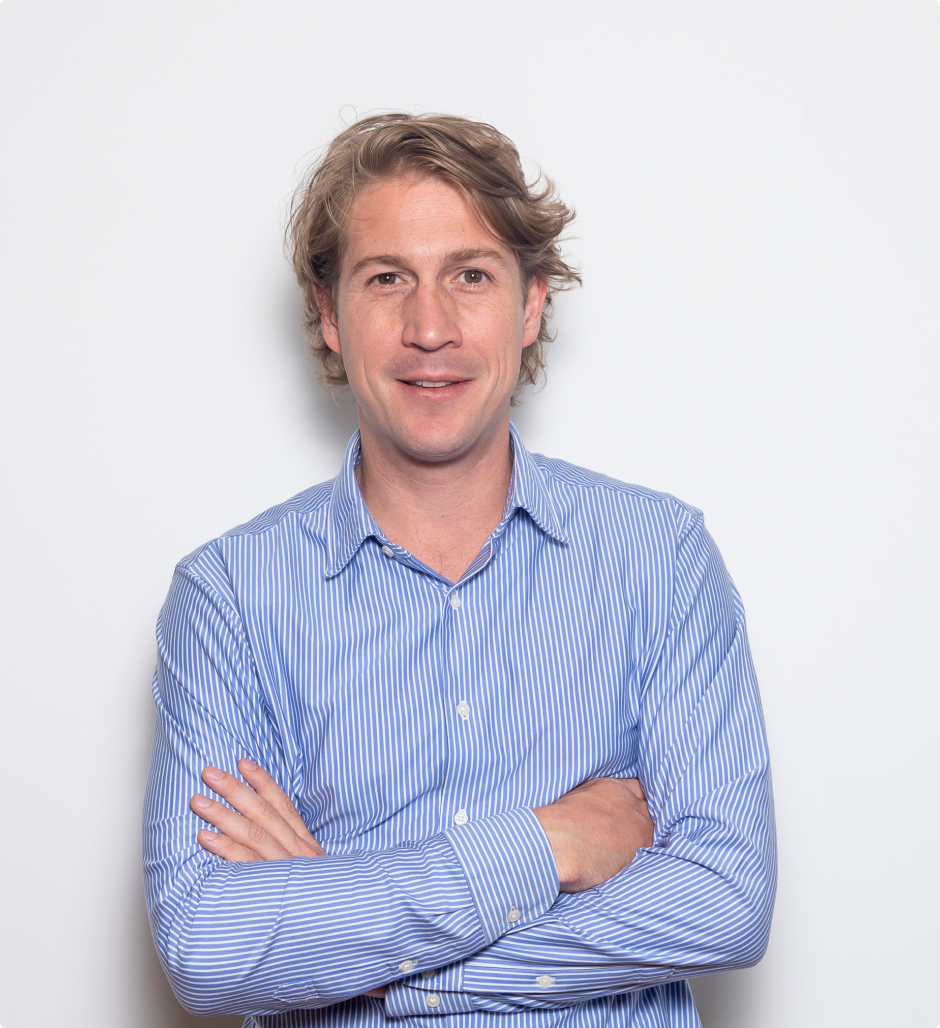
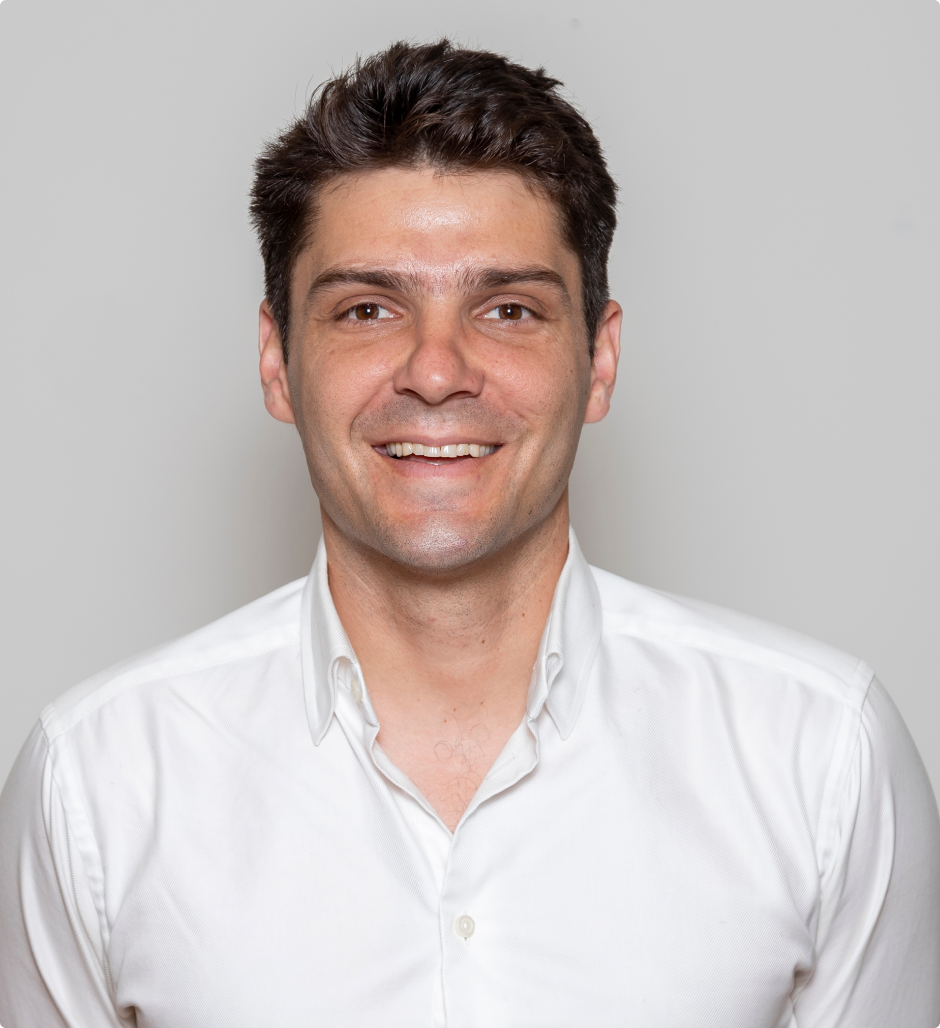
Alex de Pfyffer and Ross Porter first teamed up on HBS’s soccer team while doing their MBA. After graduating they formed Heritage Holding, where they have evolved from a self-funded searcher to an independent sponsor and recently to a fully-fledged private equity fund.
Alex and Ross were inspired by some of the greatest minds within the search community - Royce Yudkoff, Rick Ruback, Jim Sharpe. Where Alex had a pre-MBA background in finance, Ross had a knack for operations, and they decided to team up.
Their first search took 18 months, “which was bang on average.” They acquired a Massachusetts-based telecom service provider with $45 million of revenue. The founder, Paul, of whom they speak very, very highly, stayed on as the operator.
We think of ourselves as adding resources to focus on important but not urgent initiatives. And as long as we're contributing to that and adding resources and focus - and that takes different shapes and sizes depending on the platform - we are unlikely to get a complaint from the founder or operator.
Paul and the Heritage Holding team grew the business to $140 million of revenue - organically and via M&A - and exited to Audax Partners.
On the LP side, we have pretty much the same investor group across all platforms, which creates really good alignment and stops one LP from thinking “hey, anytime you spend on platform two or three is time you're not spending on platform one.” So, for anyone looking to do multiple platforms as an independent sponsor, I would encourage you to pick an investor base that will follow you across multiple platforms.
Their second deal was a data center in New England, and this was the official transition from searcher to independent sponsors. Now they had multiple platforms to oversee. Eventually they did six platforms as independent sponsors, grossing a 6.6x MOIC and 99% IRR for their investors.
In 2024, Heritage Holding closed its first fund, a $225m behemoth inaugural fund to double down on the strategy that has worked so well for them thus far.
Alex recorded this episode from a chalet in his native Switzerland. It’s a step-by-step journey on how to become a force within the private equity world.
More recent episodes
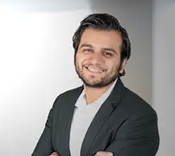
Family Offices + Independent Sponsors = Strong Match
James Bohannon of Belzberg & Co explains how family offices evaluate independent sponsors, the power dynamics of LP relationships, and why choosing the right capital partner matters more than closing any deal.

The 16-Year Path to a $175m Revenue Portfolio
Michael Healy founded Gardner Standard in 2010, building a unique independent sponsor strategy focused on legally complex deals like bankruptcies and distressed situations.

Axial's Lessons From 10,000 Lower-Middle Market Deals
Peter Lehrman of Axial shares tactical insights on how independent sponsors source, win, and fund deals in the lower-middle-market M&A space.